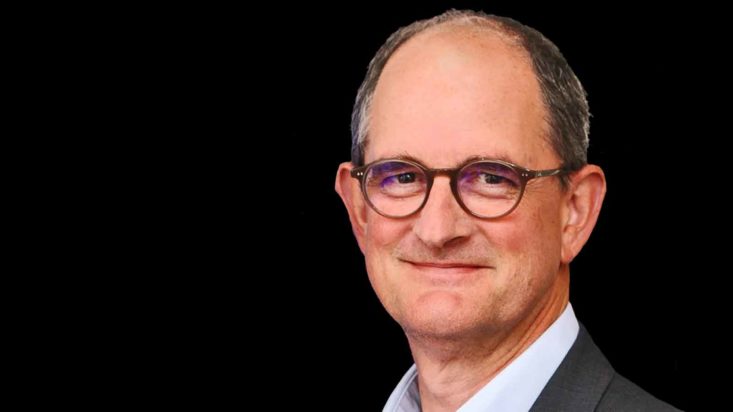Markets grow “irrationally enthusiastic” for ESG
Markets are experiencing a “manic moment” around ESG investments and less exuberance now might not be “a bad thing in the longer run”, according to Fidelity investment director Tom Stevenson.
Stevenson likens the obsession with ESG to the popularity of the “Nifty 50” – stocks like Kodak, IBM and Xerox – in the 1970s and the dotcom bubble of the late 1990s and warns that while the story underlying the ESG narrative “is completely plausible”, it may not be enough to overcome the market’s “law of gravity”.
“(Share prices) are determined firstly by expectations about future earnings growth and secondly by the price that investors are prepared to pay to participate in that growth. That sounds simple,” Stevenson writes. “It is complicated, however, both by the fact that the future is inherently uncertain, so we are always guessing what that future growth will be and when it will arrive, and by the ever-shifting calculus about what constitutes a reasonable valuation.”
That uncertainty is compounded by the weight of money chasing returns in the ESG space, which Stevenson believes is distorting fundamentals by driving prices higher in the short-term. There is now US$40 trillion invested in ESG assets, and with the pace of accumulation increasing in line with outflows in the broader fund universe, ESG performance has become “self-fulfilling”.
“The underlying narrative is only part of the story from an investor’s perspective. There are plenty of good reasons to consider environmental, social and governance factors when we decide where to invest our money. But unless you place yourself firmly at the philanthropic end of the investment spectrum, none of them are reasons to disregard the fundamental factors that drive returns.”
Stevenson doesn’t dispute that the primary driver of ESG’s success – potentially exponential growth in the face of burgeoning environmental and social issues – but says that there is a “burning need” to rationalise how to describe ESG investments in order to pick long-term winners from losers.
“That ESG should have started to be talked about as a potential stock market bubble is disappointing,” Stevenson writes. “I report it through gritted teeth because I defer to no-one in my desire for a world in which companies manage themselves honestly and prudently, are concerned for the health of the planet, and look out for the well-being of their employees, suppliers and customers. I think that what we do with our money matters.”











